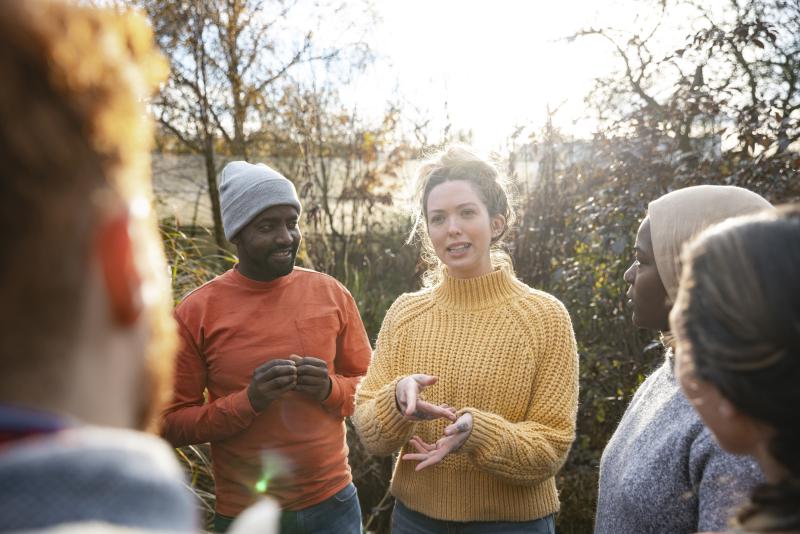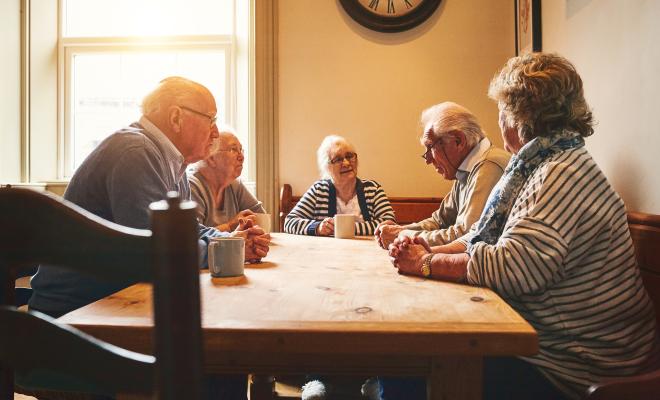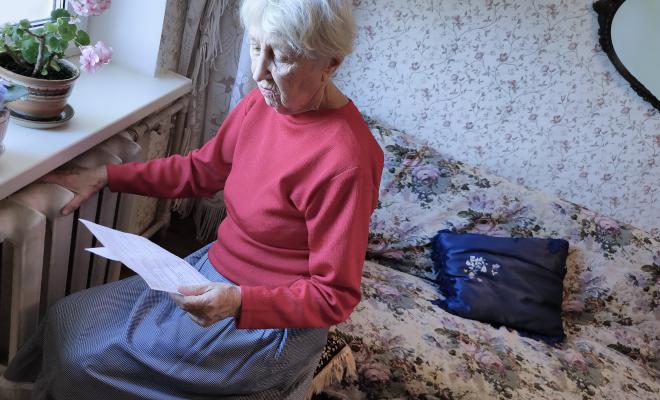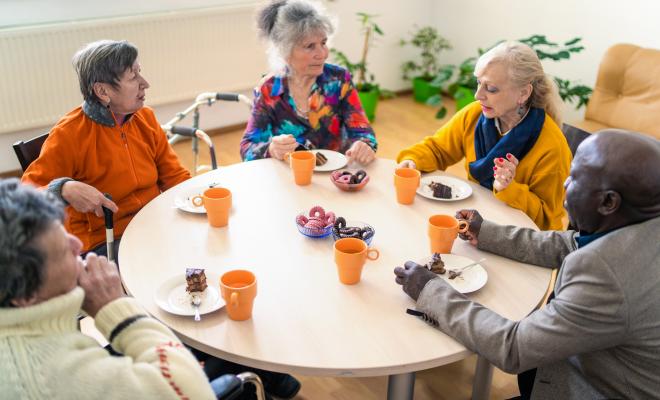29 Sep 2022
We’re taking this campaign out into our communities to attract public support and build a powerful movement for change.
Whether you’re chatting to people on a stall in your town centre, in a shopping centre, or on their doorstep, get familiar with this script and use it as a base to help guide the conversation.
Script for community conversations
Hi, my name's [your name]. I’m part of a new campaign called [your area eg Newcastle] for Warm Homes. We’re campaigning to help lower energy bills and make sure everyone has a warm home. Can I ask, have energy prices and the cost-of-living crisis been worrying you?
(Leave space for them to reply.)
Average energy bills have skyrocketed since 2021, and at the same time other everyday costs like food and clothing have also gone up.
Millions of us are worried that we won’t be able to keep our homes warm this winter. Did you know that locally... (Use the energy crisis hotspots map to find a couple of local stats.)
The UK has some of the worst-insulated homes in Europe. So, we’re wasting a shocking amount of money as climate-wrecking heat escapes through our walls, roofs, floors and ceilings.
And meanwhile, soaring gas prices mean that oil and gas companies are making record-breaking profits, while we’re left to pick up the huge costs to people and planet. That's not fair.
If you agree this isn’t right, will you help us demand that the government takes action? We want to make sure that our MP and any local candidates standing for the next general election know this is a key issue for voters. And that they commit to taking action on warm homes.
We want our MP to help us demand that the government provides more financial support to keep people warm this winter, rolls out an emergency insulation programme, and fixes our failed energy system to work for people and planet instead of profit.
Will you make a postcard that we can send to our MP and election candidates to demand they take action?
It’s messages from across our community that'll build up the pressure on local politicians. By making postcards, we’re hoping to grab their attention through the creativity of the action (although artistic skills are very much not required) and by sharing personal messages.
If they agree to make a postcard:
- Thank them and explain the postcard activity. They can decorate a postcard themselves or choose a pre-coloured version. They can then add their message about warm homes. The messages they write might be about the impact of the energy crisis, why they care about the issue and/ or what their demands are. Find out more about this action and order your template postcards.
- Encourage them to also sign up to your mailing list and stay in the loop about the campaign as it progresses.
- Tell them about other ways they can get involved, eg what actions and activities you’ve got planned, and any upcoming meetings or events.
If they don’t:
- Thank them for their time anyway. Offer them a leaflet to take away to read more about the campaign, or point them to unitedforwarmhomes.uk for more information.
Sensitive topics
Important to note: People across the country are struggling to pay their bills. You may speak to people who open up to you about their difficult personal circumstances. In this situation, don't offer financial advice. Instead, signpost them to respected organisations who can help. You may find it useful to print our flyer listing these organisations, plus additional local services, so that you have them ready to give to people if needed.
Conversation tips
You can’t predict exactly what people will say or how the conversation will go, so here are a few more general tips to help you navigate conversations.
- Be concise. People typically won’t have long to stay and chat. Give a quick overview of the campaign before asking them to make a postcard. If someone's interested in talking more about the details of the campaign, you can continue the conversation after they've agreed.
- Listen. Make sure you’re giving space for them to share their thoughts and respond to what they’re saying. Find out a little bit about the person you’re speaking to and build a friendly rapport.
- Make the topic accessible. People have different levels of knowledge and understanding of the topic, so try not to use jargon or over-complicate things. You’re not there to have a detailed policy debate, so stay focused on the big picture: that everyone deserves a warm home that doesn’t cost the Earth.
- It’s ok to walk away. End a conversation if it doesn’t feel productive, for example if someone is resolutely opposed to the campaign. Politely thank the person for their time and move on to speak with another member of the public. Your time is best spent talking to people who either agree with the campaign aims or are easily persuadable.
- Practice makes perfect. It can be daunting speaking to strangers. Why not have a practice session with the rest of your group, taking turns to be different members of the public. You’ll quickly work out your best opening line, and how to keep people engaged.
FAQs



